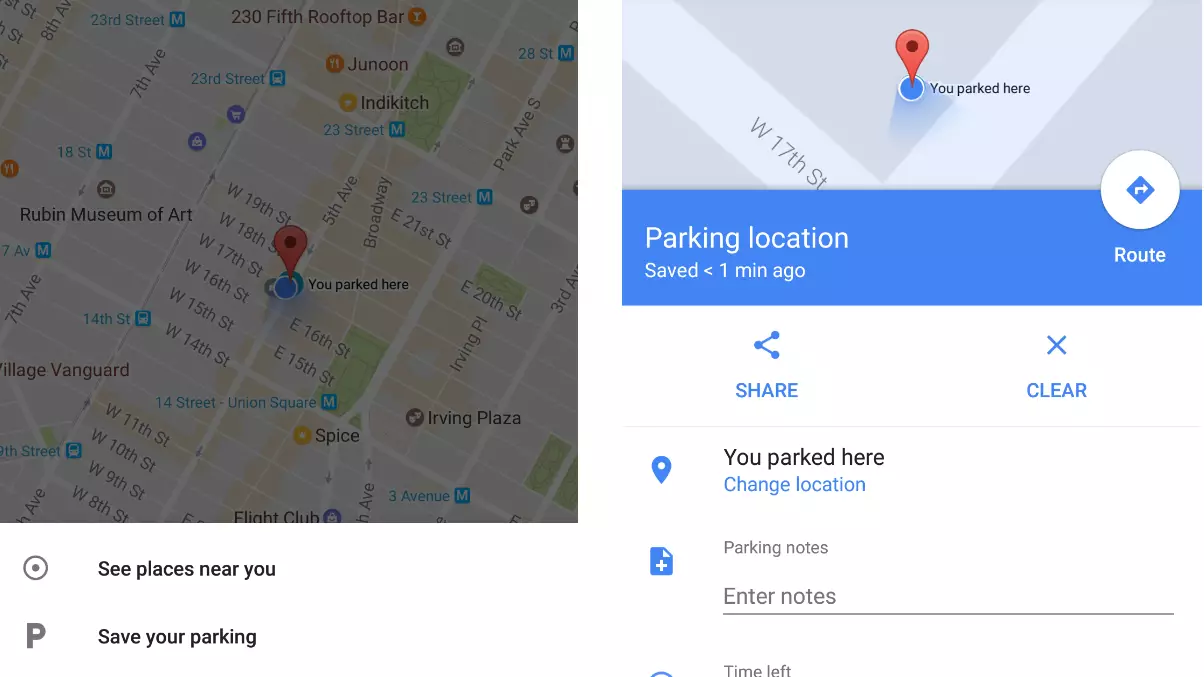
The amount of time I've wasted wandering round car parks looking for my car, furious at myself for carelessly walking away from it only hours before, is astonishing. But it's something we all do; it can't just be me and my mum.
And the smart people at Google have realised we are wasting too much valuable time and that we are never going to learn to park somewhere memorable. So the beta version of the latest Google maps can do all the hard work and remember where you left your car.
All you have to do is tap the blue dot and choose the 'Save your parking' option. You've got to be signed into Google maps for it to come up - even if you have the latest version of Google maps. And for now it's only available on Android.
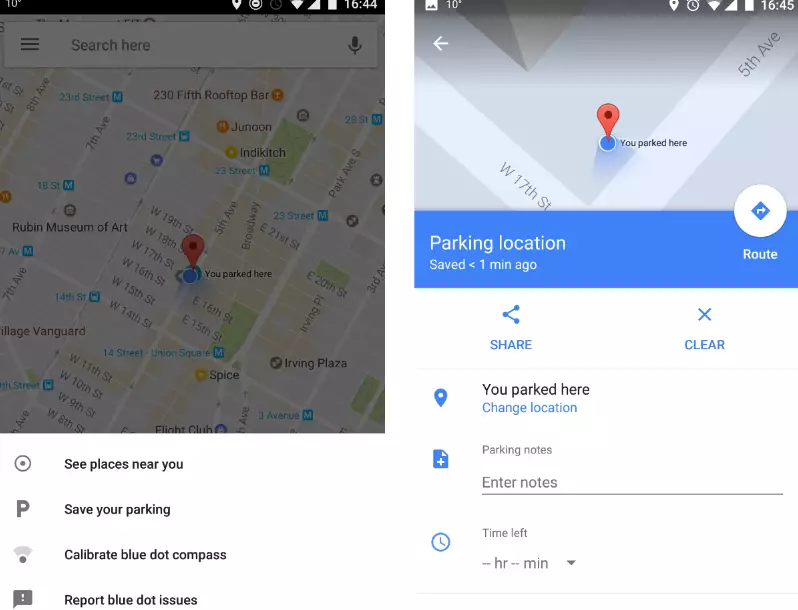
Credit: Google
Advert
You can add notes, like what floor you've parked on, set a timer and even take some photos of your surroundings. Acutally, that sounds a bit like hard work to me; maybe I'll just wander around aimlessly, like usual.
The Great Google Maps
What did we do before Google maps? Apart from get lost all the time. Google maps was originally called "Where 2" and has been around for twelve years now!. It's been on our mobile phones for only eight years though. Feels like forever.
Advert
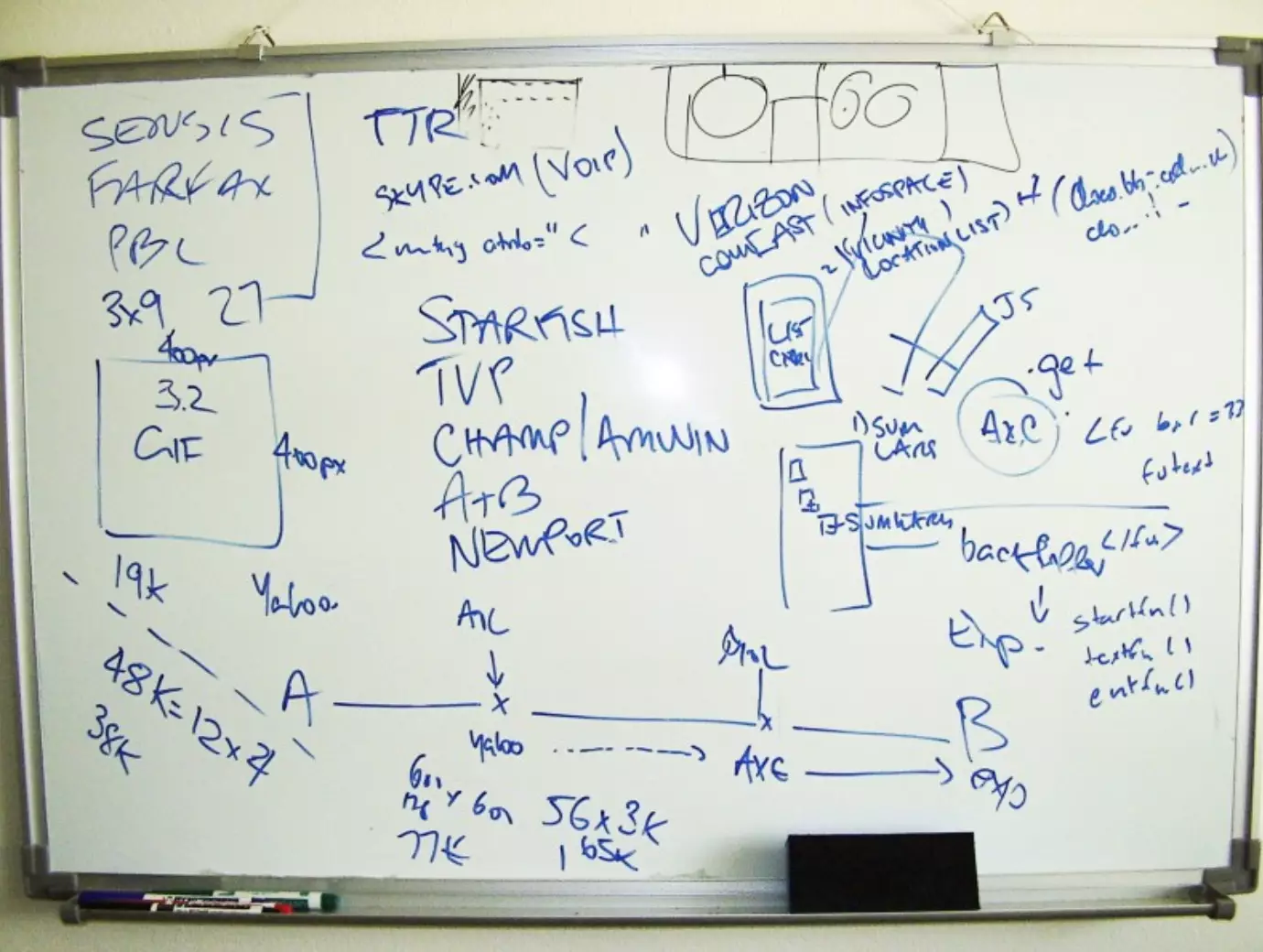
The concept of web-mapping for your laptop or phone was created in Sydney, by a bunch of laid-off dot-com entrepreneurs and Danish brothers and was picked up by Google in 2004.
Now it has over 7,000 people working on it at Google and is the most popular app on your smart phone. It's revolutionised how we live.
It uses satellites to make the bird's-eye view and some hilarious looking cameras on top of cars to create the street view.
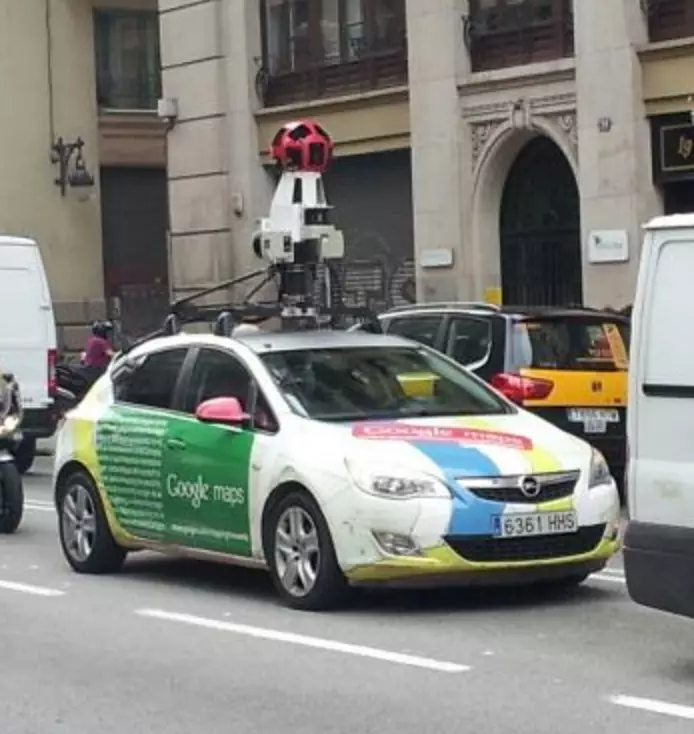
Credit: WikiCommons
Advert
A Huge Amount of Data
Combining satellite, aerial and street level imagery, Google Maps has over 20 petabytes of data, which is equal to approximately 21 million gigabytes, or around 20,500 terabytes.
It updates images every two weeks and automatically blurs people's faces and licence plates, so you don't have to worry about your privacy too much.
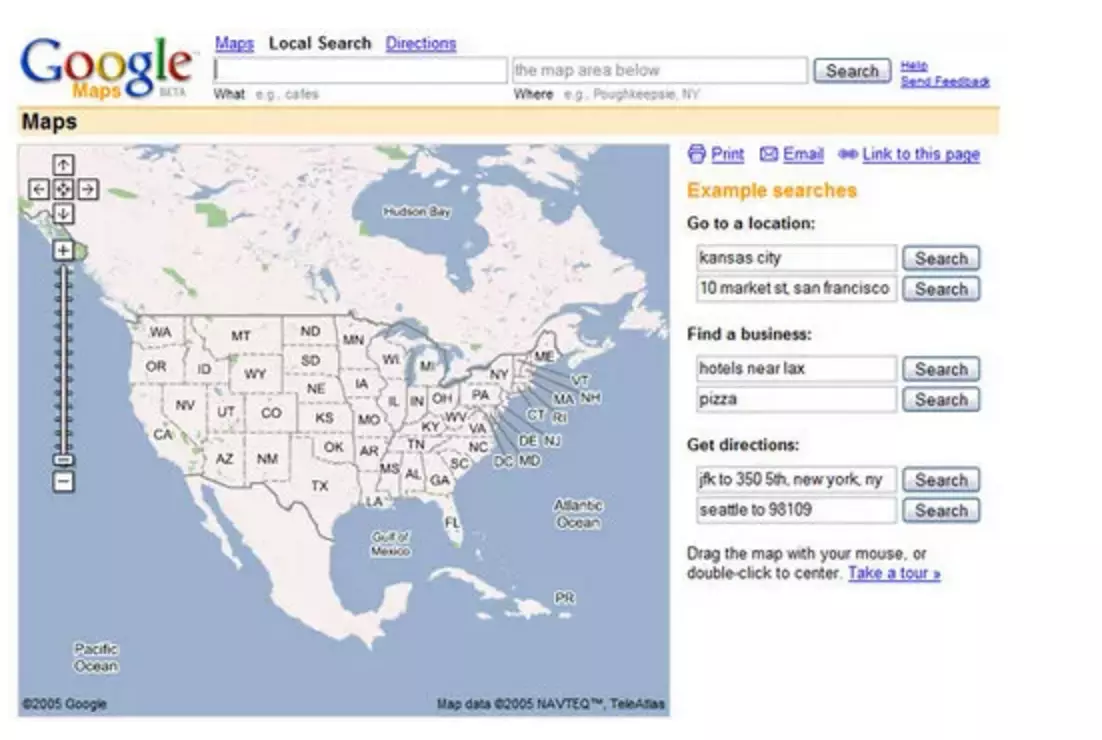
Advert
Classic Google Maps
Over the years, the maps have become more and more sophisticated and in 2015, there Google switched all maps from classic to the latest version. A lot of people preferred the old maps (more retro, perhaps) and were really upset.
Someone even started a petition to get the classic maps back and sent it to Google's CEO. I think I prefer the new map; it feels like you're playing a virtual reality game.

Advert
Goodbye Guidebooks
Google maps has changed the world; it's not just keeping us from getting lost. It's changed the way we see and navigate the world. We don't use guidebooks anymore; sorry Lonely Planet. Now that you get traffic updates via Google maps, it means you don't get stuck in a queue and can take an alternative route.
It's made detective work easier. The police use Google maps to check out places - but it's not just the police. When you're going to a new place, whether it's a pub or for a meeting, all you have to do is whip out your phone and Google it and you can find out exactly what it's like.
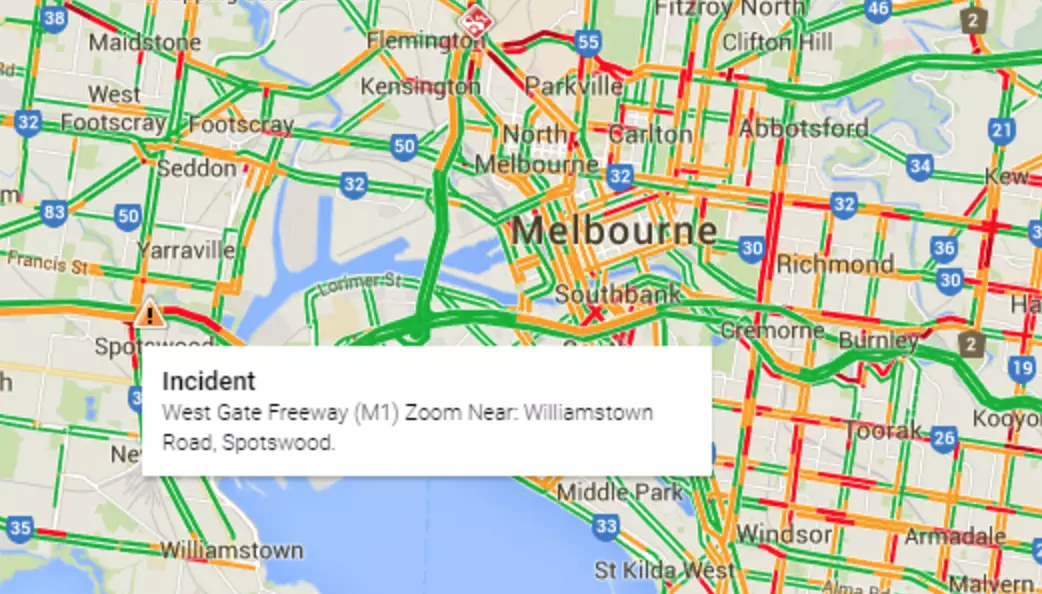
Changing Lives
Google maps is constantly updating itself, taking photographs via satellite and sometimes even bikes. This means that the entire world is being documented. And while that sounds a bit scary, it's really good because it literally puts some places on the map. In 2011, indigenous communities living in Brazil's expansive Amazon rainforest turned Street View into "river view" in a bid to show people where, and how, they lived - and why their habitat needed protection.
Pretty cool.
Sharing Technology
And without Google maps we wouldn't have lot's of other apps. Urbanspoon, Uber, Airbnb, Expedia, WhatsApp - lot's of apps we use everyday are based on the Google Maps application user interface (API).
Google says there are about a million third-party websites and apps actively using its technology. That's a huge amount!